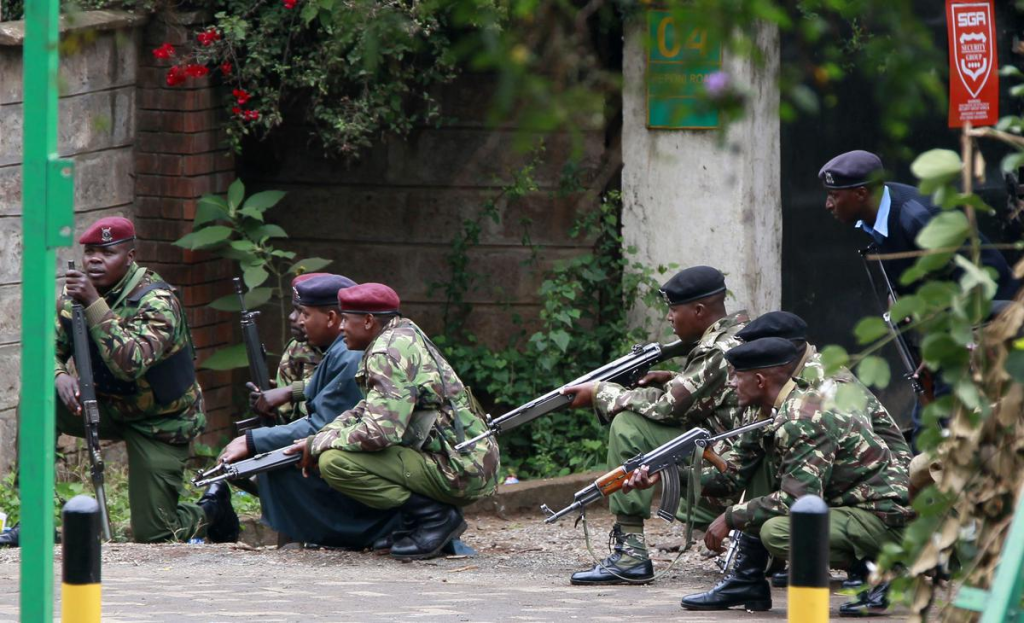
Kenya remains on high alert as the militant group Al-Shabaab, known for its ties to Al-Qaeda, intensifies its cross-border violence. For over 15 years, Al-Shabaab has waged a relentless war against the fragile government of Somalia, and its recent actions along Kenya’s lengthy and porous border with Somalia have raised significant concerns.
In the rural northeast region of Kenya, a troubling escalation of violence has been observed, with roadside bombs and beheadings resulting in the deaths of two dozen people in the past month. Security analysts view these attacks as a part of Al-Shabaab’s efforts to expand their reach and exert influence beyond the borders of Somalia.
Kenya’s proximity to Somalia makes it vulnerable to spillover violence from the ongoing conflict in the neighboring country. The porous frontier between the two nations presents challenges for border security and enables the movement of militants and weapons, allowing Al-Shabaab to carry out attacks on Kenyan soil.
The recent incidents of violence highlight the need for heightened vigilance and security measures in Kenya’s northeastern region. The Kenyan authorities are on high alert to counter any potential threats and to protect the safety and well-being of the local population.
The escalating violence by Al-Shabaab poses significant challenges to regional stability and security. It requires collaborative efforts between Kenya and other affected countries to address the root causes of extremism, strengthen border security, and disrupt the activities of terrorist groups.
As Kenya confronts this growing security threat, international cooperation and support are crucial in countering the influence of militant organizations and promoting peace and stability in the region. The aim is to prevent further loss of life and protect the rights and safety of the people living in areas susceptible to cross-border violence.


